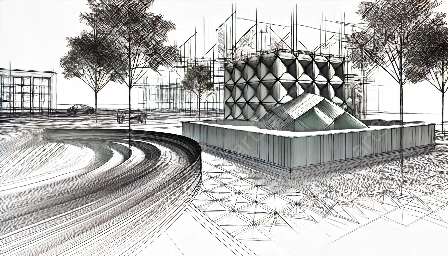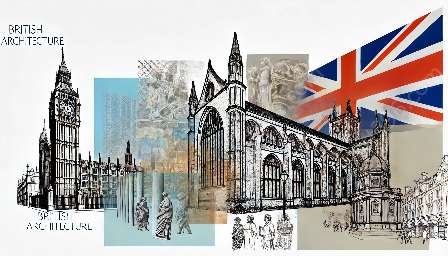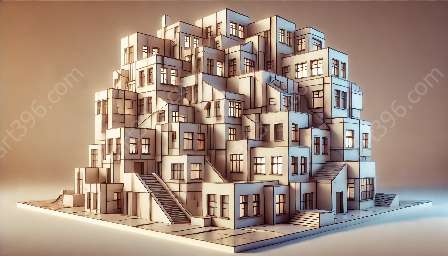Architecture is a field that demands a deep understanding of design, construction, and conceptualization. To become a successful architectural professional, one must acquire the right educational preparation that aligns with both conceptual architecture and traditional architectural principles.
Understanding Educational Requirements for Architectural Professionals
Architectural education is a comprehensive process that equips individuals with the knowledge and skills needed to thrive in the field. It encompasses a wide range of subjects, including design theory, building construction, environmental sustainability, and project management. This educational journey typically begins with a strong foundation in mathematics, physics, and the arts, laying the groundwork for a successful architectural career.
For aspiring professionals in the field of architecture, higher education is often a prerequisite. A bachelor's degree in architecture or a related field serves as the initial step towards a career in the industry. Furthermore, many architectural professionals pursue advanced degrees, such as a Master of Architecture (M.Arch), to deepen their understanding of architectural principles and design concepts.
In addition to traditional educational routes, the emergence of conceptual architecture has presented new opportunities for architectural professionals. Conceptual architecture emphasizes the importance of abstract ideas and innovative thinking in the design process. As such, contemporary educational programs are integrating courses in conceptual architecture to ensure that aspiring professionals can navigate the evolving landscape of architectural design.
Key Components of Educational Preparation
1. Design Theory: A strong educational foundation in design theory is essential for architectural professionals. This includes understanding the principles of form, structure, and aesthetics, as well as the historical and cultural influences on architectural design.
2. Technical Skills: Proficiency in architectural drafting, modeling, and computer-aided design (CAD) is crucial for modern architectural professionals. Educational programs should provide hands-on training in these technical skills to prepare students for real-world projects.
3. Sustainability and Environmental Considerations: With increasing emphasis on sustainable design, educational preparation should include courses focused on environmental sustainability, energy efficiency, and green building practices.
4. Project Management: Architectural professionals are often involved in managing complex construction projects. Educational programs should incorporate project management courses to equip students with the necessary skills to oversee architectural projects from conception to completion.
5. Conceptual Architecture: In the context of conceptual architecture, educational preparation should emphasize the exploration of abstract ideas, unconventional design concepts, and innovative approaches to architecture.
Continuing Education and Professional Development
Due to the dynamic nature of the architectural field, ongoing education and professional development are essential for architectural professionals to stay abreast of industry developments. Continuing education programs, professional certifications, and participation in industry events and workshops offer opportunities for professionals to expand their knowledge and skills.
Architectural professionals can also benefit from mentorship and networking opportunities within the industry. Building relationships with experienced professionals, engaging in collaborative projects, and seeking guidance from mentors can further enhance the educational preparation of aspiring architectural professionals.
Conclusion
Education is the cornerstone of a successful career in architecture. By pursuing comprehensive educational preparation that encompasses both traditional architectural principles and the evolving landscape of conceptual architecture, aspiring architectural professionals can position themselves for success in this dynamic and rewarding field.









































